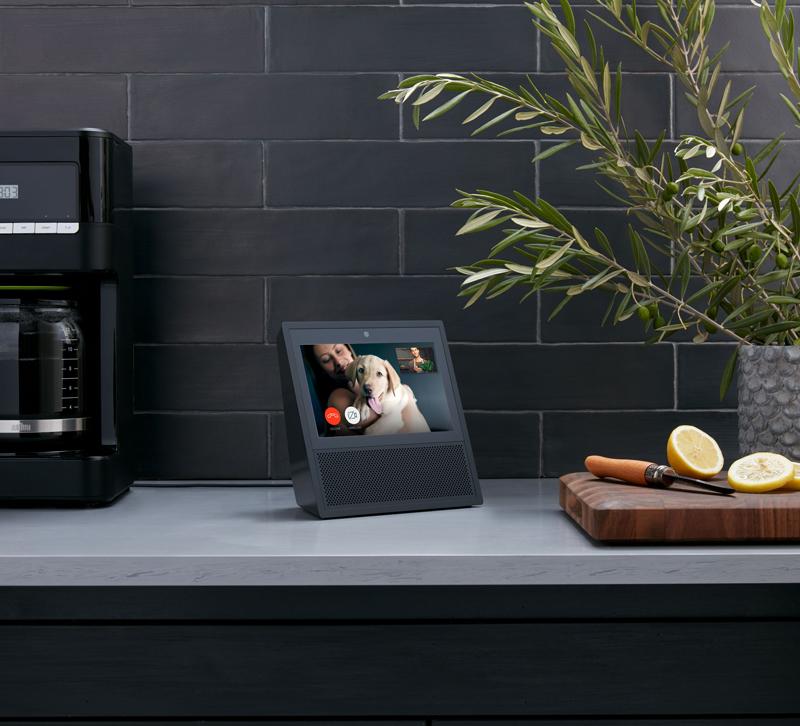The year 2018 is expected to be the year of the smart home — the year consumers finally embrace the true smart home movement — and there's good reason to see why. LED bulbs are coming down in price and becoming more ubiquitous, and they're also doing more, such as playing music and synching with smart home hubs. Manufacturers are also bringing prices down and reaching across companies to get their products to talk to each other (looking at you, Amazon and Microsoft).
If you don't think 2018 will be the year of the smart home, think again. Here are three reasons why.
Robots are doing jobs we hate
There's not a single, sane person out there who gets excited about cleaning toilets, and the makers of SpinX know it. Their new chargeable seat latches on to the top of the toilet (made to fit 98 percent of toilets, the manufacturer claims) and begins scrubbing it with just the touch of a button. The robot inside the seat has retractable arms and will self-clean and dry itself before going back into the seat.
SpinX launched on Kickstarter early this year, and people have thus far pledged over $46,000 of its $50,000 goal with just over 30 days remaining. Backers who have pledged enough for the toilet-cleaning robot can expect delivery in July 2018.
Will everyone buy this product immediately? No. Roombas, for example, have been around for years, but you won't find one in the closet of every home. That being said, homeowners may look for little ways to build a connected home piece by piece. Rather than going for a full bathroom overhaul (like with U by Moen), consumers might go for a SpinX (starting at $199) or a coffee pot (this Mr. Coffee connects through the WeMo app).
Lowe's is opening smart home mini stores
This month, Lowe's announced it would be opening smart home mini stores in 70 retail locations nationwide. The company is partnering with b8ta, a software-powered retailer, to create "SmartSpot powered by b8ta," a lab-like store within their larger home improvement stores.
The stores will have products — everything from Amazon Echo to Nest — on display and out of the box so consumers can play around with them and learn more about how to connect them. Knowledgable sales associates will also be on hand to answer questions and explain how different products can work together.
This could be a major game changer for Lowe's. The store-within-a-store concept has worked wonders and has even managed to keep some afloat (see Sephora and J.C. Penny). What's more is that these stores could provide the smart home expertise that seems to be lacking in the market right now.
That alone should be scaring independent retailers. If you aren't selling smart products or your sales associates have no idea how they work, it's time to learn now and learn fast.
Amazon, Google and Apple are upping their games
In December, consumers will finally be able to purchase HomePod, the new Siri-enabled speaker from Apple. This month, Oprah listed the Amazon Echo Show, a new version of the Echo that has a screen, as one of her favorite things.
There are plenty of Apple fanatics out there who have eagerly waited for this new hub, forsaking all other products until Apple was ready to roll it out. These are the people who waited hours for an iPhone X, and they want to connect all of their Apple products together.
But of course, Apple doesn't make thermostats or lighting controls. So it sells them instead.
Apple's website sells a number of a products from Philips Hue to smart light bulbs that are compatible with its iHome kit and other Apple products. Doing this takes a lot of the guesswork out of smart home connecting, mainly trying to figure out what all goes together.
As more consumers craft their own smart homes, it will be up to retailers to keep them up-to-date and connected. How is your showroom preparing for the smart home revolution? Share with us!







